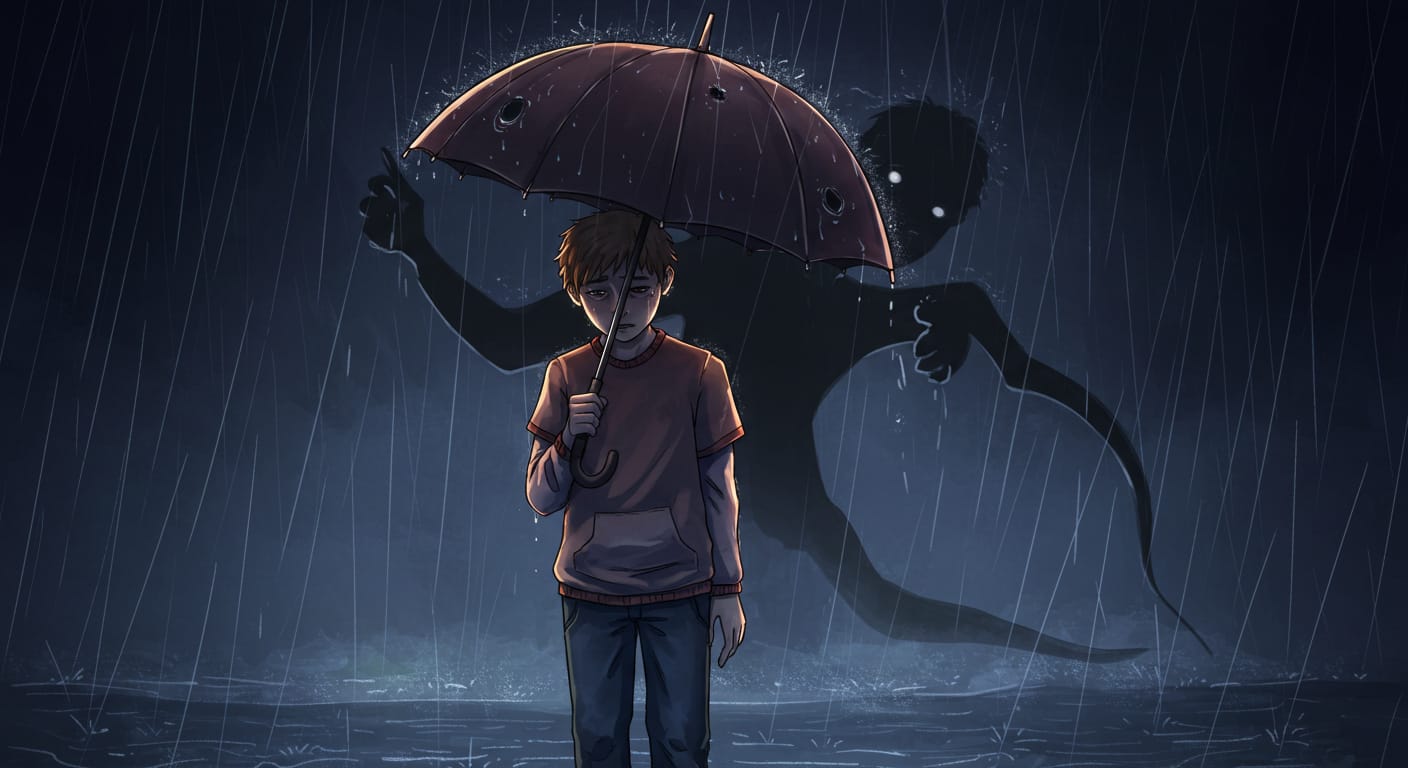Toxic Friends in Relationships
Toxic friends can be hazardous—not just emotionally, but also physically. A 2012 study by UCLA medical students showed that prolonged exposure to stressful relationships can increase your risk for heart disease and even cancer. It’s no surprise, then, that toxic friendships are a common cause of depression, anxiety, and burnout—especially for teens and young adults.
The Experience of Toxic Friends and Associates
If you’ve ever had a toxic friend (or even a family member), it’s likely because you’re empathetic, caring, and naturally drawn to help others. Unfortunately, toxic people often exploit these qualities, manipulating you for their benefit while giving very little in return. That’s not to say they don’t care about you at all—but their love often comes at your expense.
Red Flags of a Toxic Friendship
⚠️ 1. It’s One-Sided
You’re always the one reaching out, making plans, giving rides, or offering emotional support. But when you need something in return? They’re “too busy” or nowhere to be found. Your life and concerns rarely make it into the conversation—it’s always about them.
⚠️ 2. Constant Criticism and Blame
Toxic friends are often critical and blame-shifting. They might scold you for small mistakes, bring up old flaws, or shame you in front of others. Meanwhile, they rarely take responsibility for their own issues and reject any suggestion that they might need to change.
⚠️ 3. Walking on Eggshells
You tiptoe around conversations, afraid that anything you say might trigger an argument. The emotional highs may be thrilling, but the lows are devastating. You feel like you’re stuck on a rollercoaster you never agreed to ride, with them controlling the switches.
What to Do About a Toxic Friendship
Once you recognize the toxicity, you have two paths forward—boundaries or breakup.
✅ Option 1: Set Boundaries
Say “no” (firmly, but respectfully) when you’re uncomfortable. Speak up when their behavior crosses the line. Be honest about how their actions affect you. If they truly value you, they will at least attempt to change.
🚫 Option 2: Let Go
Sometimes, no amount of talking will fix the dynamic. If the friendship continues to harm your well-being, it may be time to walk away. This isn’t about revenge—it’s about protecting your peace. End things politely, clearly, and without bitterness.
“Holding a grudge means carrying their poison in your own bloodstream. Forgive for your freedom—not for theirs.”
Choose Balanced, Life-Giving Friendships
Your time and energy are valuable. Seek friendships where there is mutual respect, support, and joy. Healthy relationships nurture your mental health and help you become the best version of yourself.
Surround yourself with people who feel like sunlight—not a storm cloud.


